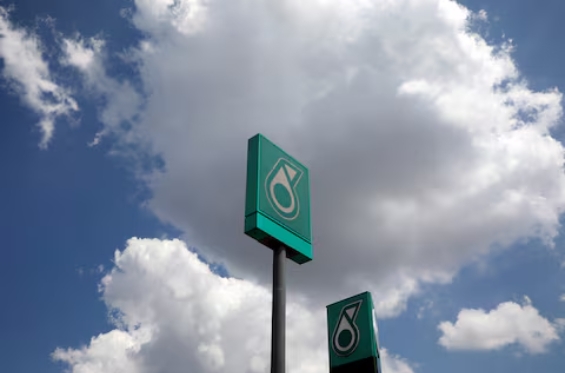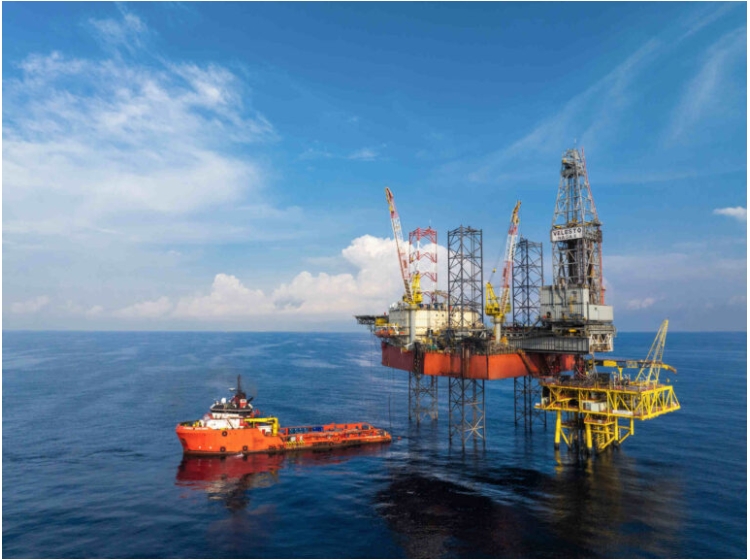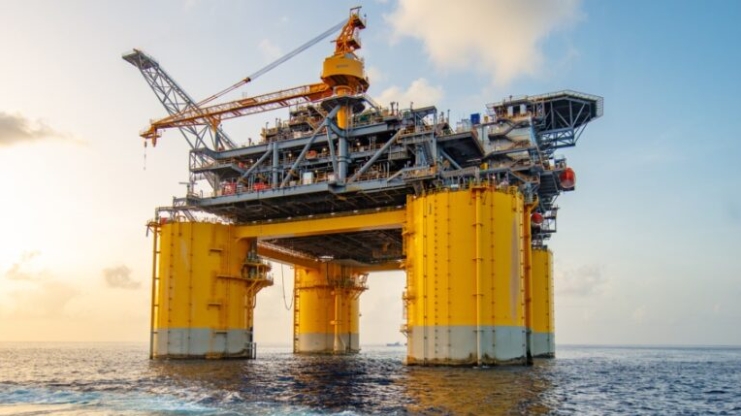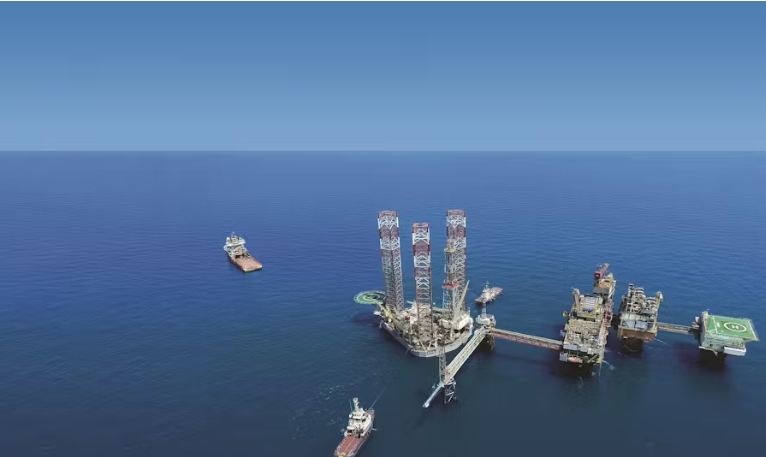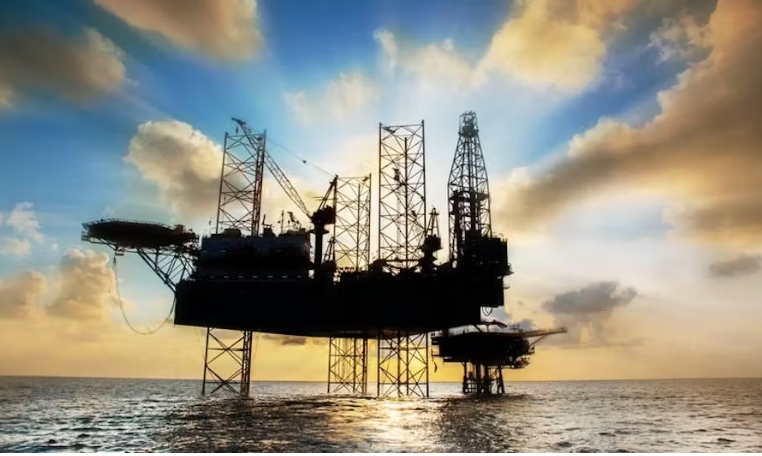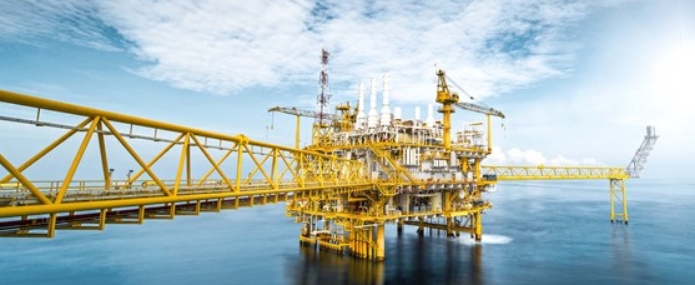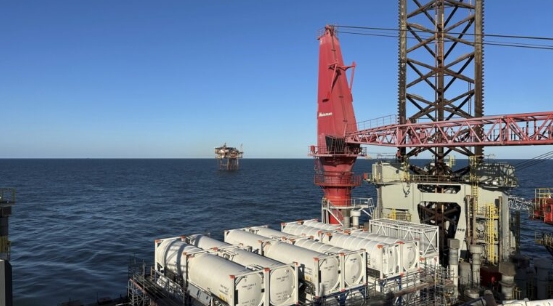
The test began in February and involved injecting CO2 into the Leman field, located in the Southern North Sea, using Petrodec’s ERDA rig as part of Project Poseidon. The ERDA rig, noted as the first in the UK approved for CO2 injection support, has now departed from the Leman 27H platform, signaling the test’s conclusion.
Over the course of the operation, 15 injection cycles were carried out, supported by 11 offshore CO2 batch refills. Perenco reported that the process was executed efficiently and safely, with no injection difficulties, while collecting a valuable dataset.
Armel Simondin, CEO of Perenco, commented: “This test has met our expectations, both in terms of technical execution and the quality of data gathered. These insights are instrumental as we move to the next phase of developing the Poseidon Project.” He added: “The successful test highlights the role our industry can play in the UK’s decarbonisation efforts. The Perenco CCS team and our joint venture partners are now fully focused on interpreting the results and converting new insights into an evidence-based development plan for Project Poseidon.”
Perenco and Carbon Catalyst obtained a license for the Poseidon CCS project at the Leman gas fields in August 2023. In November 2023, Harbour Energy joined the effort by acquiring a 10% stake from Carbon Catalyst, following its purchase of Wintershall Dea’s upstream assets and carbon storage licenses the previous year.
The CCS project is designed with an initial injection capacity of 1.5 million tonnes per annum (Mtpa), with plans to scale up to 40 Mtpa starting in 2029. This initiative aims to repurpose the depleted gas field for long-term carbon storage, supporting broader efforts to reduce carbon emissions.
The completion of this test marks a key milestone in advancing carbon capture and storage technology in the UK. The data collected will guide the next steps in Project Poseidon, as the joint venture works toward establishing a robust plan for its future development.
